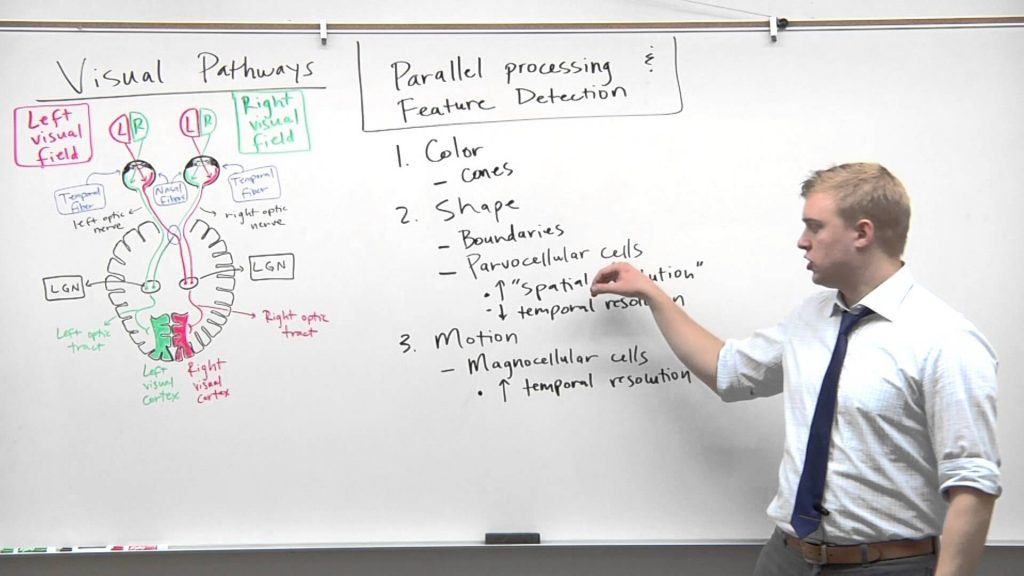What is the MCAT?
The Medical College Admission Test (MCAT) is a computer-based standardized exam for potential medical student applicants in the United States, Australia and Canada. It is intended to evaluate problem solving, critical thinking, written analysis and acquaintance of scientific concepts and principles.
This standardized multiple-choice test is a qualification for admission to almost all of the medical schools in the US and Canada. Annually, over 80,000 candidates to American and Canadian medical programs submit their MCAT scores.
The test has changed over the years and has developed primarily into a reasoning-based test, though a wide range of basic knowledge is required to answer the problems correctly.
Many students find that using test preparations books help to improve their scores.
See our list of the best MCAT prep books here.
MCAT Format
| Chemical and Physical Foundations of Biological Systems | 59 Questions | 95 Minutes | Tests basic biochemistry, biology, general chemistry, organic chemistry, and physics |
| Critical Analysis and Reasoning Skills | 53 Questions | 90 Minutes | Similar to reading comprehension sections on other standardized tests Passages come from a variety of humanities and social sciences disciplines |
| Biological and Biochemical Foundations of Living Systems | 59 Questions | 95 Minutes | Tests basic biology, organic chemistry, inorganic chemistry, and biochemistry |
| Psychological, Social, and Biological Foundations of Behavior | 59 Questions | 95 Minutes | Tests introductory psychology, sociology, and biology |
MCAT Scoring Structure
The four units are in multiple-choice format. The passages and problems are chosen ahead of time, and thus do not change in difficulty contingent on the performance of the test taker (unlike the GRE).
Scores for the multiple-choice units range from 118 to 132. The numerical scores from each multiple-choice unit are added together to give a compound score. The maximum compound score is 528. According to the AAMC, the average score for U.S. medical school applicants for each section is 125 for a total average score of 500.
There is no disadvantage for incorrect multiple choice responses. Thus, guessing is more desirable to leaving a question blank. Pupils preparing for the test are encouraged to try to balance their individual subscores. Balanced subscores may be looked at more favorably than a higher total score, but with unbalanced scores.
MCAT Availability
The test is offered 25 or more times per year at Prometric centers. The quantity of administrations may differ each year. Most students who take the MCAT are undergraduates in their junior or senior year of college before they apply a medical program. Ever since the test’s length was extended to 7.5 hours, the exam is only offered in the morning.
Find your nearest testing location here.
Prospective pupils typically arrange to take their MCAT a year before their proposed entrance into medical school. Ideally, you should start your MCAT preparation at least six months before your test date.
Since there are no prerequisites to take the MCAT, you can take the exam as early as your freshman, sophomore or junior year. You can take the MCAT test up to three times in a single testing year, up to four times in a two consecutive-year period and up to seven times in a lifetime.
Sources:
https://students-residents.aamc.org/applying-medical-school/taking-mcat-exam/
